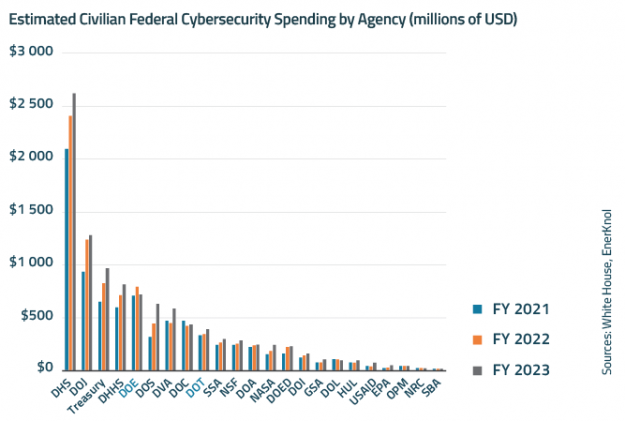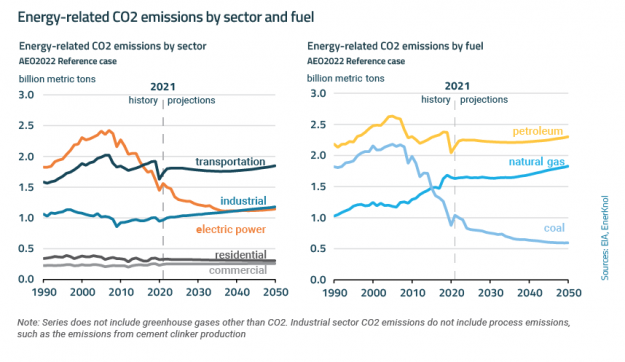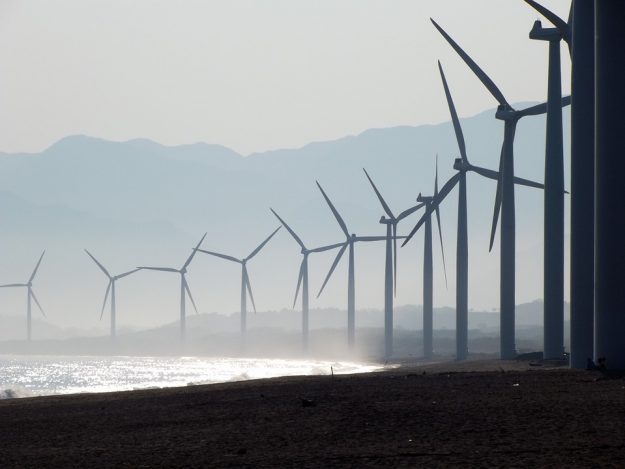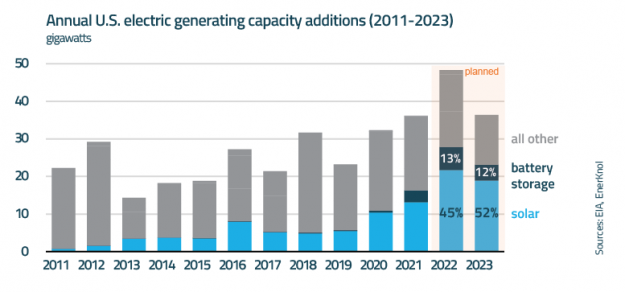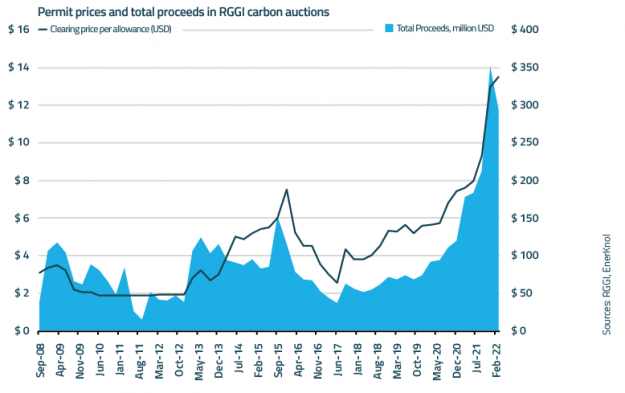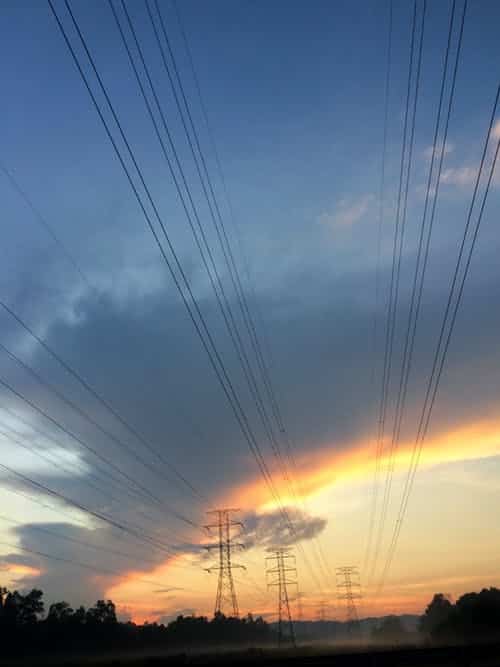Visual Primer: U.S. Advances Measures to Strengthen Cyber Resilience of Critical Infrastructure
The swift advancement of sophisticated cyber threats alongside the increase in advanced energy system control technologies has called for stronger measures to secure critical infrastructure and energy sector resilience.
